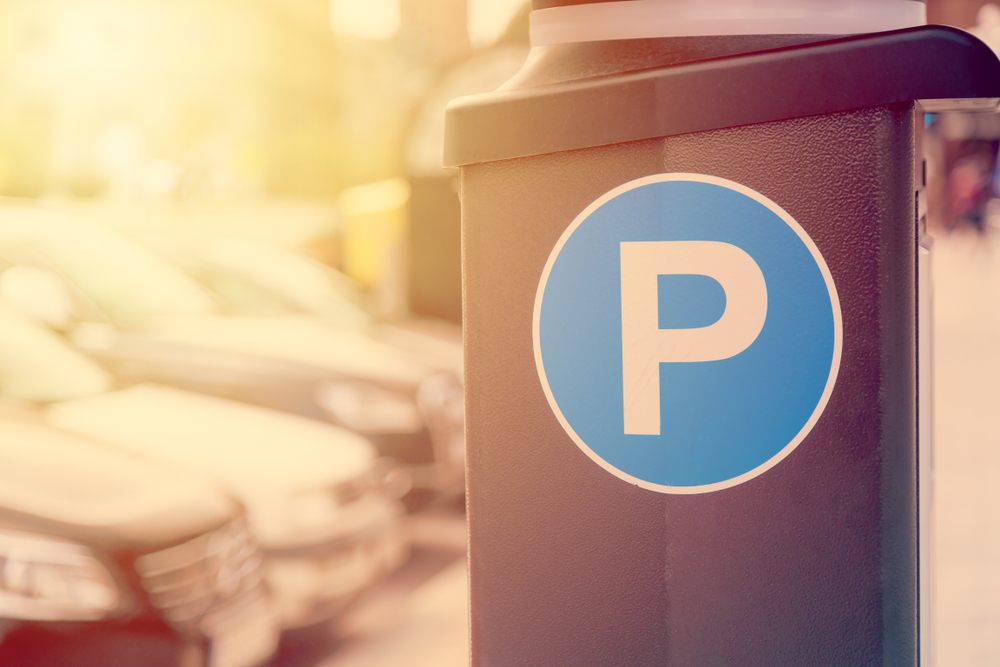Share This Article
By Sahar Adatia and Jimmy Singh.
Have you ever rushed back to your car barely minutes after your parking ticket has expired only to discover that those ruthless people known as parking inspectors have whacked your windshield with a parking fine?
The pain is real. And the sense of injustice immense. And how on earth did they beat you there anyway?
Well, there’s finally some good news when it comes to copping unfair parking fines.
In New South Wales, there is now a 10-minute “saving grace” period that gives drivers a window of 10 minutes after the expiration of the parking ticket before tickets are issued by inspectors.
The 10-minute grace period came into effect on 31 January 2019, as part of the Berejiklian Government’s “fairer and more common sense” approach to parking fines.
The change means that up to 82,000 motorists a year could benefit by avoiding a hefty $112 fine for simply overstaying their time in most situations.
NSW Treasurer Admits Parking Fines are a Revenue-Raising Strategy for Local Councils
At the time the 10-minute grace period was being proposed, NSW Treasurer Dominic Perottet admitted local councils across the state have been heavily reliant on parking fines as a revenue-raising strategy.
He said he would be writing to every council across NSW, instructing them to reduce parking fines, first flagged by the State Government in June last year. He also acknowledged that local councils would have to prepare for the impact that this would have on their budgets.
“This is a common-sense approach which means people won’t get a fine for being five minutes late, have their day ruined, and have the weekly budget compromised,” Mr Perottet said.
“We are hopeful this will also reduce the stress and pressure on parking inspectors as it will give some leniency in the issuing of fines.”
He also advised that councils need to “stop using parking fines as an excuse to get a sugar hit and look at ways they can save ratepayers’ money” instead of hitting them in the hip pocket.
The Conditions of the 10-Minute Grace Period
The NSW Government advises that the 10-minute grace period applies to drivers who have paid for a physical ticket or coupon with at least one hour of parking.
Meters which do not issue parking tickets or coupons are not eligible. The grace period will also not apply to private car parks.
In the hope to prevent impacts on safety and congestion, the 10-minute grace period will also not apply to parking control signs, including:
- Bus lane
- Transit lane
- No Stopping
- Clearway
- Loading Zone
- Bus Zone
- Mail Zone
- Special events parking
Councils Cashing in on Parking Fines
Indeed, local councils are heavily reliant on parking fines and many are cashing in when it comes to them.
Many local councils have also increased both the number of meters and the cost of parking over the years.
In June 2017, the State Government reduced the most common parking fine from $110 to $80 in areas that the state polices, such as Sydney Olympic Park and Parramatta Park. Local councils were then encouraged to do the same.
The NRMA has suggested that revenue raised from parking fines should be directed straight back into road maintenance in the community. However, there is no obligation on local councils to put that money towards improving roads.
According to ABC News, the councils that make the most revenue from parking are:
- Sydney City – $35,000,000
- Inner West Council – $13,280,532
- Waverley – $9,206,362
- North Sydney City – $7,882,601
- Northern Beaches – $7,476,722
- Canterbury-Bankstown Council – $7,174,699
- Woollahra Council – $6,193,109
- Randwick City Council – $5,211,116
- City of Parramatta – $5,200,918
- Willoughby City Council – $5,036,950
How Do I Dispute a Parking Fine Issued by a Local Council?
If you wish to challenge a parking fine, there are several ways in which you can go about this.
You may request an internal review by the council that issued the fine. Here, the request should be accompanied by as much supporting material as possible, including relevant tickets, photographs, as well as a letter summarising the grounds for the appeal.
It is at the council’s discretion to withdraw the penalty notice until an enforcement order is issued by the State Debt Recover Office (SDRO).
You may also request a review of the parking fine by the SDRO. This can be done through the SDRO website.
You may also court-elect, in which case the matter is heard in the Local Court where you will be required to appear before a Magistrate. Upon your appearance in court, you will be required to enter a plea of guilty or not guilty to the allegation.
If you plead not guilty, the case will be adjourned to another court date for a hearing when the Magistrate will hear both sides of the evidence before determining a verdict of guilty or not guilty.
If you are found guilty, or if you plead guilty after court-electing, the Magistrate will then proceed to sentence, where he/she will determine an appropriate penalty to impose.
Under Rule 168-1 Road Rules 2014 (NSW), the driver of a vehicle must not stop in a restricted parking area unless he/she is stopping in a parking station or in accordance with the directions marked on a parking bay (or a sign displayed adjacent to it).
Anyone in breach of this rule will normally be issued with an on-the-spot parking fine of up to $112. But court-electing allows the Magistrate to impose a penalty of up to $2,200 fine. However, no fine will be imposed if the court is convinced to impose a non-conviction penalty, including a section 10 dismissal order or non-conviction Conditional Release Order.
For more details or any questions, contact us. We have traffic defence lawyers in Sydney, Parramatta, Penrith and various other locations across NSW.









